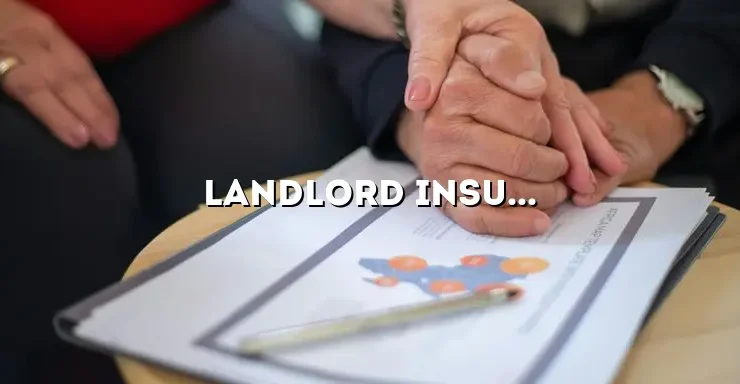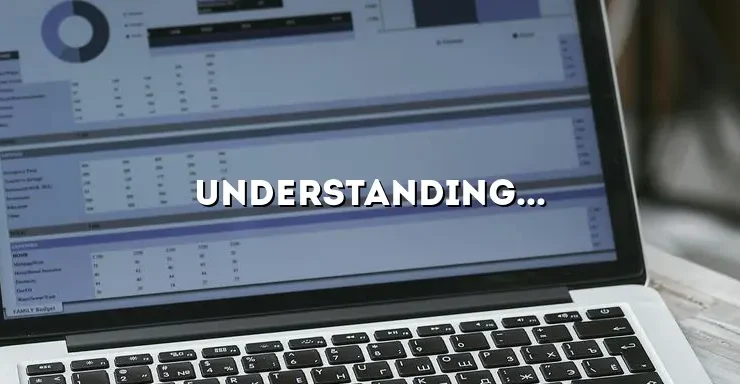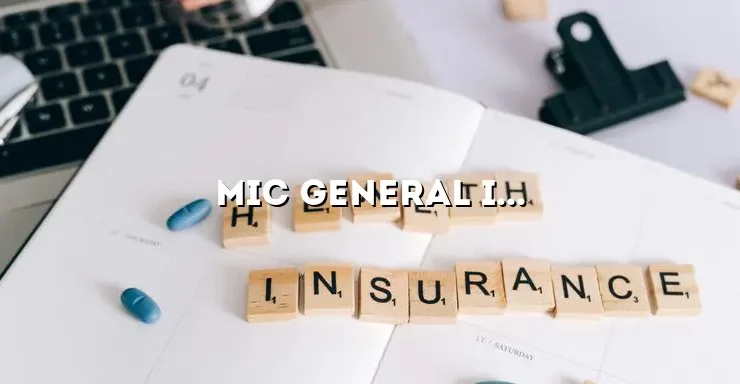
Are you a landlord in Georgia? If so, it’s crucial to understand the importance of having landlord insurance for your investment property. As a landlord, you face unique risks that can potentially lead to significant financial loss if you’re not adequately protected. This comprehensive guide aims to provide you with all the essential information you need to know about landlord insurance in Georgia, including its benefits, coverage options, and how to choose the right policy for your specific needs.
Understanding Landlord Insurance
Being a landlord comes with its own set of risks and responsibilities. Landlord insurance is a specialized type of insurance designed to provide protection specifically for property owners who rent out their properties. Unlike standard homeowners insurance, which is intended for owner-occupied properties, landlord insurance covers the unique risks associated with renting out a property to tenants.
Why Landlord Insurance Differs from Homeowners Insurance
While homeowners insurance provides coverage for a property that is primarily used as a residence, landlord insurance takes into account the additional risks involved in renting out a property. This includes coverage for potential property damage caused by tenants, loss of rental income, and liability protection in case of accidents or injuries that occur on the rental property.
Key Coverage Options in Landlord Insurance
Landlord insurance typically includes several essential coverage options to protect your investment property. These options may vary depending on the insurance provider and the specific policy you choose, but some common coverage options include:
Property Damage Coverage
This coverage protects your rental property from damage caused by various perils, such as fire, storms, vandalism, and even tenant-related damage. It can help cover the cost of repairs or rebuilding if your property is damaged or destroyed.
Liability Insurance
Liability coverage is crucial for landlords as it protects you from financial loss if someone is injured on your rental property. This coverage includes medical expenses, legal fees, and even potential settlements if you are found responsible for the injury.
Loss of Rental Income Coverage
If your rental property becomes uninhabitable due to covered damage, loss of rental income coverage can help compensate you for the income you would have earned during the repair period. This coverage can provide peace of mind knowing that you won’t suffer financially if your property becomes temporarily unlivable.
Additional Living Expenses Coverage
If your rental property becomes uninhabitable and your tenants need to temporarily relocate, additional living expenses coverage can help cover their living costs, such as hotel bills or temporary rental expenses. This coverage not only benefits your tenants but also helps preserve your relationship with them during the repair process.
Contents Insurance
While tenants are typically responsible for insuring their own belongings, contents insurance can provide coverage for any furnishings or appliances you provide as part of the rental property. This can include items like refrigerators, stoves, or furniture that may be damaged or stolen.
Legal Expenses Coverage
Legal expenses coverage can help cover the costs of legal fees if you need to take legal action against a tenant for non-payment of rent, property damage, or eviction proceedings. It can also provide coverage if you are sued by a tenant for issues related to the rental property.
Choosing the Right Landlord Insurance
When it comes to choosing the right landlord insurance policy in Georgia, there are several factors to consider. By carefully evaluating these factors and understanding your specific needs as a landlord, you can select a policy that provides adequate protection for your investment property.
Evaluating Coverage Limits
One crucial factor to consider is the coverage limits offered by different insurance providers. Make sure the policy you choose provides sufficient coverage for your property’s value and potential risks. It’s essential to strike a balance between affordability and comprehensive coverage.
Deductibles and Policy Exclusions
Review the policy’s deductibles and any exclusions carefully. Deductibles are the amount you’ll need to pay out of pocket before your insurance coverage kicks in. Understanding policy exclusions is equally important, as they outline specific scenarios or situations that are not covered by the policy. Be aware of any limitations or exclusions that may impact your ability to make a claim.
Insurance Provider’s Reputation and Financial Stability
Research the reputation and financial stability of insurance providers before making a decision. Look for reviews, ratings, and customer feedback to gauge the quality of service they provide. Additionally, consider their financial strength and ability to pay claims promptly. A reputable and financially stable insurance provider will give you peace of mind that your claims will be handled efficiently.
Landlord Insurance Requirements in Georgia
While landlord insurance is not legally required in Georgia, it is highly recommended to protect your investment property adequately. However, keep in mind that if you have a mortgage on your rental property, the lender may require you to maintain landlord insurance as part of the loan agreement. Always review any contractual obligations or agreements you have with lenders, homeowners associations, or property management companies to ensure compliance with insurance requirements.
Where to Obtain Landlord Insurance in Georgia
When looking for landlord insurance in Georgia, it’s essential to choose a reputable insurance provider that offers comprehensive coverage at a competitive price. Here are some options for obtaining landlord insurance:
Research Insurance Providers
Start by researching insurance providers that specialize in landlord insurance. Look for providers with a solid reputation, good customer reviews, and a wide range of coverage options. Compare quotes from multiple providers to find the best balance between coverage and affordability.
Consult an Insurance Agent or Broker
If you’re unsure about navigating the insurance landscape, consider consulting an insurance agent or broker who specializes in landlord insurance. They can help you understand your specific needs, provide personalized advice, and guide you through the process of selecting the right policy.
Cost of Landlord Insurance in Georgia
The cost of landlord insurance in Georgia can vary depending on several factors. Understanding these factors can help you estimate the potential costs and budget accordingly.
Property Value and Location
The value of your investment property and its location are significant factors that influence insurance premiums. Properties located in areas prone to natural disasters or with higher crime rates may have higher insurance costs. Similarly, more expensive properties will likely require higher coverage limits, resulting in higher premiums.
Type of Rental Property
The type of rental property you own can also impact insurance costs. Single-family homes, multi-unit buildings, and commercial properties each have unique risks and coverage requirements. Commercial properties, for example, may require additional coverage options due to the increased liability associated with business operations.
Claims History
Your claims history can influence the cost of insurance. If you have a history of frequent claims or significant losses, insurance providers may view you as a higher risk and charge higher premiums. On the other hand, a clean claims history can result in lower insurance costs.
Desired Coverage Limits
The coverage limits you choose for your policy will directly impact the cost of insurance. Higher coverage limits provide more extensive protection but also come with higher premiums. Evaluate your financial situation and the value of your property to determine the appropriate coverage limits for your needs.
Conclusion
In conclusion, landlord insurance is an essential investment for any landlord in Georgia. It protects your investment property from unforeseen risks, offers financial security, and ensures you meet all legal requirements. By understanding the basics of landlord insurance, its benefits, coverage options, and the factors to consider when choosing a policy, you can make informed decisions to safeguard your investment. Remember to compare quotes from reputable insurance providers and tailor your coverage to meet your specific needs. With the right landlord insurance policy, you can have peace of mind and protect your investment property for years to come.






